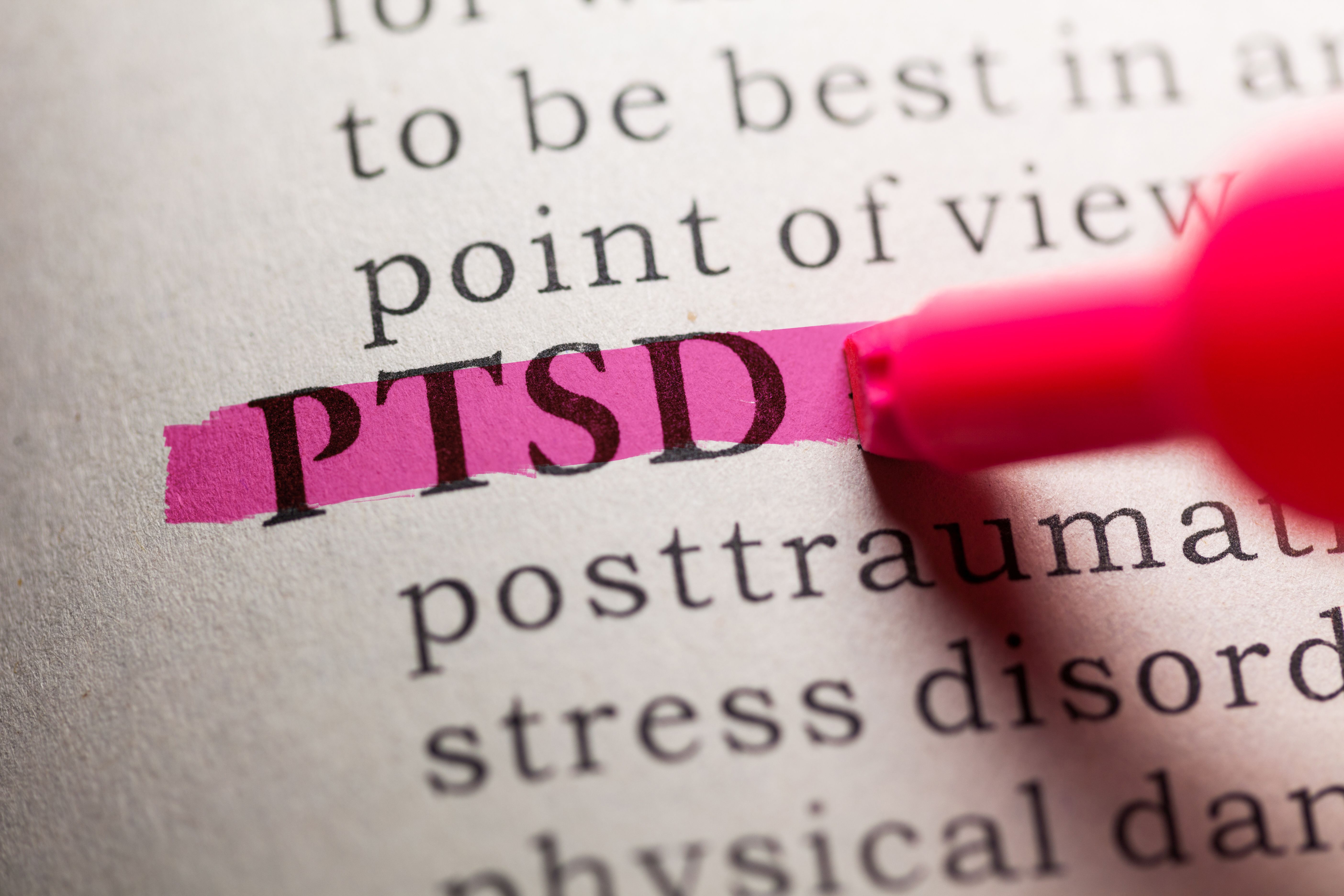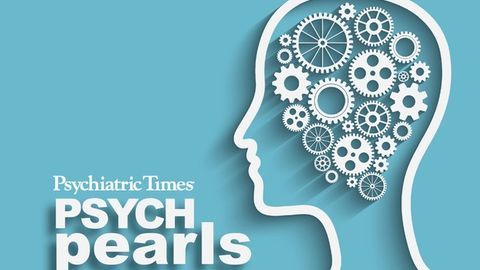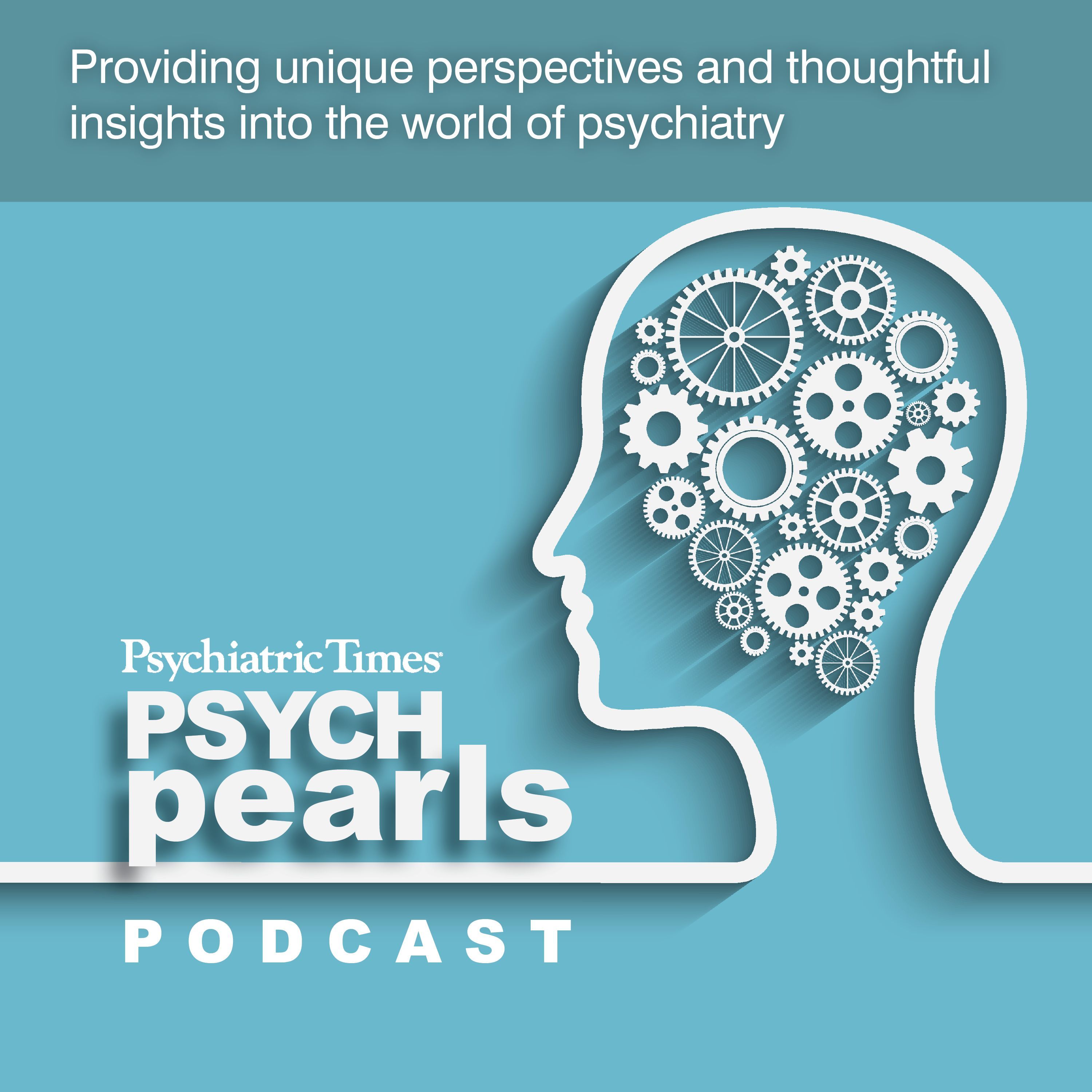News
Article
Study Highlights Efficacy of Prism for PTSD in Alleviating Chronic PTSD Symptoms
Author(s):
The therapy is the first self-neuromodulation device for PTSD approved by the US Food and Drug Administration.
FengYu_AdobeStock

A study explored the efficacy of the neurofeedback therapy, Prism for PTSD, in the treatment of posttraumatic stress disorder (PTSD). The study aimed to explore the safety and effectiveness of Prism in alleviating symptoms of chronic PTSD, particularly in individuals who have not responded to standard treatments.1
Prism—the first self-neuromodulation device for PTSD approved by the US Food and Drug Administration (FDA) that officially launched in the United States in January 20242—operates as a software device developed by GrayMatters Health Ltd. It utilizes neurofeedback, a form of brain training that involves real-time monitoring of brain activity through electroencephalogram (EEG) signals.1
Prism therapy aims to teach individuals how to self-regulate their brain function by providing visual and auditory signals that respond to their brain activity.1 In it, individuals undergo a unique experience facilitated by a computer simulation and an EEG headset. This immersive environment aims to empower individuals by helping them gain control over the activity of specific biomarkers associated with PTSD, particularly those related to the amygdala.2
At the heart of Prism lies GrayMatters Health's digital EEG-fMRI-Pattern (EFP) biomarker of brain-area-specific activity. This approach combines EEG data with fMRI amygdala data, utilizing sophisticated statistical models to develop a comprehensive understanding of brain activity patterns. By focusing on the amygdala-based biomarker, Prism therapy addresses the hyperactivity often observed in the amygdala among individuals with PTSD.2
The study, conducted over an 8-week period, involved 79 participants with chronic PTSD who underwent 15 neurofeedback sessions using Prism, with assessments conducted before, during, and after the intervention to evaluate its safety and effectiveness. The primary goal of the study was to determine if more than 50% of participants achieved a clinically significant reduction in PTSD symptoms, defined as a 6-point decrease in the Clinician Administered PTSD Scale (CAPS-5) total score at the 3-month follow-up. Secondary measures included other validated assessments for PTSD, depression, and overall clinical improvement.1
Statistical analysis revealed that the primary goal was achieved, with 32% of participants achieving remission and 67% of participants meeting the criteria for a clinically significant reduction in CAPS-5 scores. The average reduction in CAPS-5 total scores at the 3-month follow-up was 13.5 points—more than double the minimum clinically important difference.1
Significant improvements were also observed in other measures of PTSD, depression, and clinical improvement at both the 8-week and the 3-month follow-up assessments. Adverse events were mild and resolved after treatment, with low dropout rates reported throughout the study.1
Although the study’s findings are promising, the investigators emphasized the need for further investigation to validate Prism's effectiveness and explore its long-term effects. They suggested that future research focus on optimizing the delivery of neurofeedback therapy and assessing its efficacy in different populations, including individuals with acute PTSD.1
“This study supports amygdala-derived-EFP NF in modulating activity and in alleviating PTSD symptoms through operant conditioning,” the investigators concluded.
“This response is captured via various PTSD instruments (CAPS-5, PCL-5, PHQ-9) demonstrating improved clinical outcomes 3 months after terminating therapy. The study further builds on prior studies demonstrating similar positive outcomes when using amygdala-derived-EFP NF. Consideration should be made by specialty societies and by payers in supporting and covering services for this type of adjunctive therapy.”
Read the full study in Psychiatry Research here.
Stay up-to-date on news related to research on promising new interventions and developments in the treatment of a wide variety of psychiatric disorders at psychiatrictimes.com.
Note: This article was prepared with the assistance of ChatGPT.
References
1. Fruchter E, Goldenthal N, Adler LA, et al. Amygdala-derived-EEG-fMRI-pattern neurofeedback for the treatment of chronic post-traumatic stress disorder: a prospective, multicenter, multinational study evaluating clinical efficacy. Psychiatry Res. 2024;333:115711.
2. O’Brien E. First FDA-approved self-neuromodulation device for PTSD officially launches in the US. Psychiatric Times. January 4, 2024. Accessed March 1, 2024. https://www.psychiatrictimes.com/view/first-fda-approved-self-neuromodulation-device-for-ptsd-officially-launches-in-the-us
Newsletter
Receive trusted psychiatric news, expert analysis, and clinical insights — subscribe today to support your practice and your patients.






